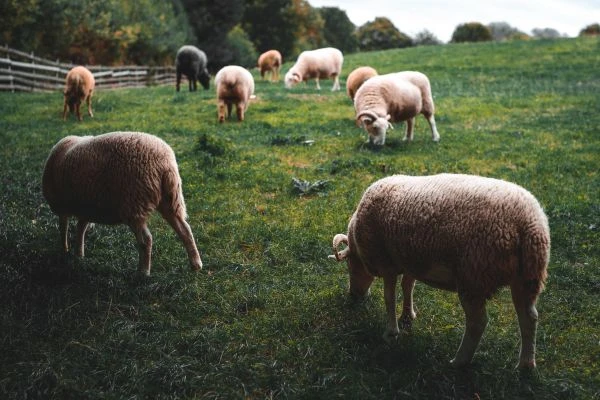The Magic of Animal Tales: How Furry Narratives Touch Our Souls and Teach Life's Greatest Lessons
Animal stories have captivated readers for centuries, weaving profound life lessons through the innocent eyes of creatures great and small. These tales, whether fables from Aesop's collection or modern classics like Charlotte's Web, possess a unique power to bypass our intellectual defenses and speak directly to the heart. When we reflect on animal stories in English literature, we uncover layers of meaning that resonate with our deepest human experiences.
Why Animal Stories in English Literature Leave Lasting Impressions
The anthropomorphic quality of animal characters creates a perfect vehicle for storytelling. Animals in literature become mirrors reflecting human virtues and vices without triggering our natural defensiveness. A fox's cunning becomes commentary on human deception, while a loyal dog's devotion speaks to ideals we aspire to in our relationships. This symbolic representation allows authors to explore complex themes with remarkable clarity.

The Universal Language of Animal Emotions
From the sorrow of Bambi losing his mother to the joyous reunion in The Incredible Journey, animal stories communicate emotions that transcend language barriers. The physical expressions of animals - a drooping tail, perked ears, or protective stance - translate across cultures, making these stories globally accessible. This emotional immediacy explains why animal tales often become children's first profound literary experiences.

Timeless Lessons from Classic Animal Stories
George Orwell's Animal Farm demonstrates how animal allegories can deliver scathing political commentary. The gradual corruption of the pig Napoleon mirrors real-world power dynamics with chilling accuracy. Similarly, Richard Adams' Watership Down transforms rabbit survival into an epic about community, leadership, and mythology. These stories succeed because they package complex ideas in accessible narratives.

Modern Animal Narratives That Challenge Perspectives
Contemporary works like Yann Martel's Life of Pi push boundaries by blending animal symbolism with spiritual quests. The Bengal tiger Richard Parker becomes both threat and salvation, forcing readers to confront uncomfortable truths about survival instincts. Such stories prove that animal tales aren't just for children - they provide sophisticated frameworks for examining philosophical dilemmas.
The Therapeutic Power of Animal Story Reflections
Reading about animal struggles and triumphs often triggers personal introspection. When we see ourselves in Black Beauty's resilience or the March sisters' beloved dog in Little Women, we gain new perspectives on our challenges. Animal stories frequently become comfort reads during difficult times, offering hope through their characters' journeys. The simplicity of their needs - food, shelter, companionship - reminds us of life's fundamental priorities.
Animal stories in English literature continue to evolve, but their core appeal remains unchanged. They teach empathy, illustrate moral complexities, and celebrate the interconnectedness of all living beings. Whether through childhood classics or gritty modern allegories, these narratives leave paw prints on our hearts that last long after the final page. The next time you read an animal story, pause to consider what deeper truths its creatures might be revealing about your own human experience.










